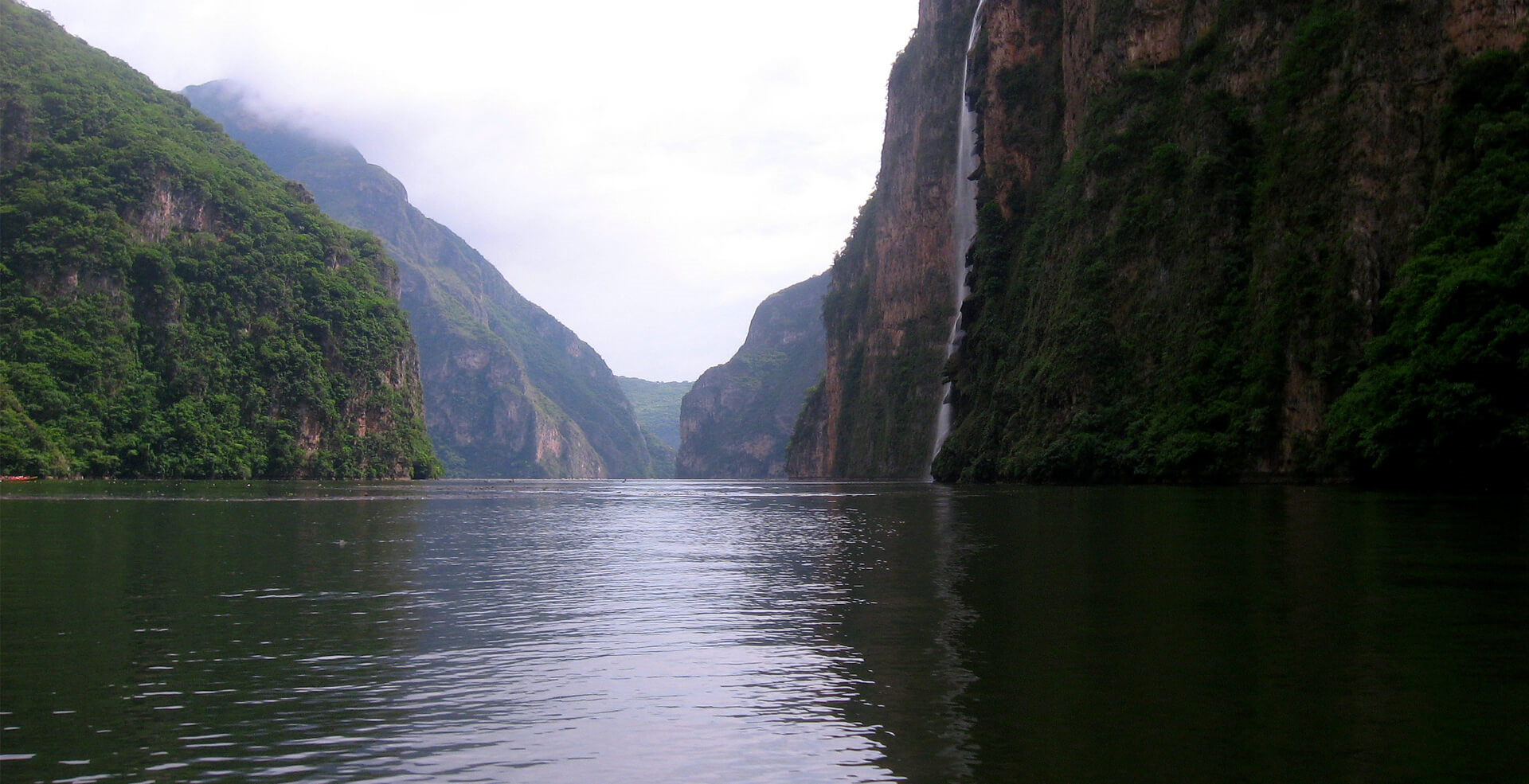For this week’s edition of my blog, I will be commenting on a video made by my LAST 100 professor, Jon Beasley-Murray, called “The Meeting of Two Worlds #LAST100 wk 2”.
After watching the video, I was left with many questions and reflections. Many of them, however, concerned the future of Latin America’s landscape as well as of the perception of colonialism and Columbus. Mainly, after establishing that Latin America is merely an idea that is, primarily, social and societal, and an accessory to its geography, I was contemplating whether Latin America should and would expand beyond its current recognized borders, and whether certain countries with strong nationalistic sentiment and tremendous Latino diasporas, such as the United States, would be added to the standing list. Additionally, would this geographical volatility be something that could be attributed to other political and socio-economic, such as that of “The West” or “Europe”, where membership is highly contemplated and uncertain?
Furthermore, when discussing Christopher Columbus’ legacy, one thing that is left unanswered is why 1492 was chosen as the eternal and historical date of founding (or discovery, rather) of the Americas. In fact, as is briefly considered in the video, there are plenty of opportunities outlined before us to reconsider marking the founding of the Americas to a prior date, such as with the Vikings coming to Newfoundland, or with the myriad of Indigenous peoples that had established settlements, cities and even empires years before the Vikings or the Europeans came later on. One theory would be that the Americas must begin, within the Western historical narrative, with European colonialism, and although classical colonialism is no longer present nor practised in Latin America concretely, the idea of Latin America persists to this day.
Finally, this leaves me with a question, that, in my opinion, would be worthy of further discussion. Such is whether Columbus’ journey, as is presented to us in retrospect, was, indeed, worth it? Is Latin America better off, or/and will it be better off, than if it had never been discovered, or rather, conquered? One thing to consider is the idea often entertained that nothing was gained in the colonial quest, as stated in the video through the statement that nothing was brought of the journey but a promise. Although certainly true for the “conquered” side, the Spanish definitely had a lot to gain in this conquest, as abundant land, resources and cheap or even slave labour were acquired by the Spanish Empire as a direct result. Additionally, the reporting made by Bartolomé de Las Casas of the ongoing atrocities perpetrated by the Spanish considerably diminished the public and private fervour for colonial practices, and brought awareness to the cruelty and dehumanization promoted by colonialism.
Joseph

Thanks for these thoughts. Let me clarify, though, that I wouldn’t say that Latin America is “merely” an idea. My point is that ideas are in fact important and constitutive. Ideas have consequences.
As for whether the conquest was “worth it,” that’s a complicated issue. Arguably, in that Spain remained in many ways itself a relatively underdeveloped country even well into the twentieth century, not even the Spanish gained all that much from their Empire.
I am always so curious about the viking journey to the New World. Do we have any evidence of their interaction with native peoples?